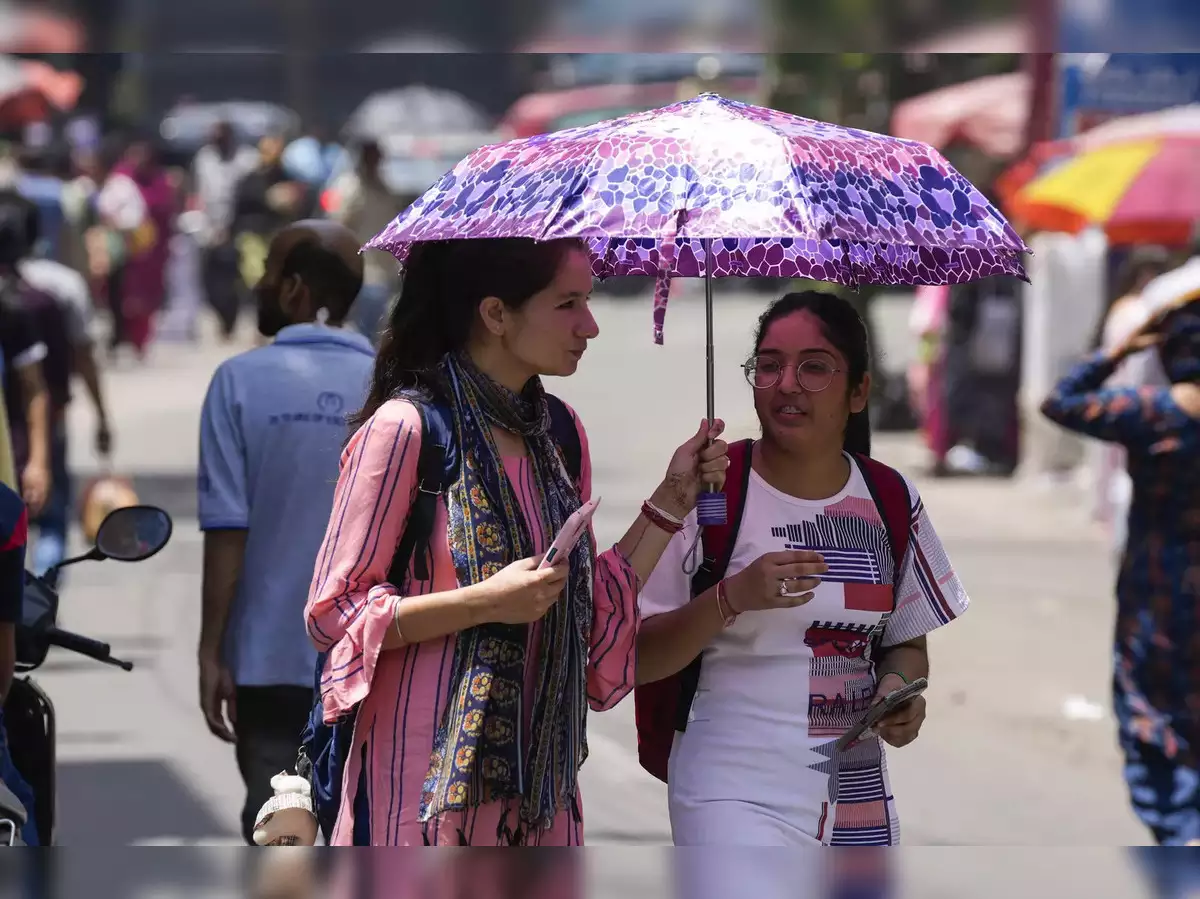With temperatures soaring to unprecedented levels, particularly in regions like Delhi where the mercury has hit 50 degrees Celsius, it’s crucial to understand how extreme heat affects our bodies and what we can do to stay safe. Dr. Sushant Wattal, Consultant, Department of Cardiology, Sir Ganga Ram Hospital, sheds light on the issue and offers essential advice for managing the risks associated with excessive heat.
“Today’s weathers have become extreme to the degree that we are experiencing reportedly 50 degrees’ temperature in Delhi and severe heat waves across all of northern India. It’s a very known fact that heat is something that the body cannot take. So the body always adjusts itself. God has made our body in such a way that it always adapts. But when it adapts, it leads to certain excessive burden on our organs, especially the heart,” says Dr. Wattal.
How Heat Affects the Body
Our bodies are equipped with mechanisms to regulate temperature, but these systems can be overwhelmed by extreme heat. The primary way our body cools itself is through sweating. This process requires a significant amount of blood to be directed to the skin, which in turn puts extra strain on the heart.
“When the body heat becomes so much, it needs to lose it from the skin, either in the form of sweating or in some other form. So while doing that, you know, our heart has to work much more. It has to supply much more amount of blood to the skin for it to lose the heat that is needed to keep the body cool,” explains Dr. Wattal.
The Heart’s Extra Burden
The heart’s increased workload during hot weather can be particularly dangerous for people with pre-existing heart conditions. The body’s temperature regulators in the brain send signals to the heart, prompting it to pump more blood to the skin and other parts of the body to dissipate heat. This means the heart has to work harder and faster, which can be a significant burden.
“We have the temperature regulators in our brain which immediately detect the increased temperature of the body, sending across signals which signals are taken up from the nervous system of the heart. And the heart itself knows that now it has to work at a much faster rate and send the blood to the skin and other peripheries of our body to cool the body down,” Dr. Wattal says.
Risks for Heart Patients
For individuals with heart conditions, the excessive strain on the heart can be particularly dangerous. Dr. Wattal highlights that those with undetected heart diseases, such as coronary artery disease, because increase burden on heart can lead to increased heart attacks, high BP and brain strokes. Additionally, heart patients on medication that lowers blood pressure or heart rate must be vigilant.
“Patients who are known heart patients have to take extra care because they are on certain medicines which lower the blood pressure, which lower the heartbeat. And all these things get dysregulated during excessive heat,” notes Dr. Wattal.
Practical Tips to Stay Safe
1. Stay Hydrated: Drink plenty of fluids throughout the day. Water helps regulate body temperature and prevents dehydration.
2. Seek Cool Environments: Stay indoors in air-conditioned or cool places as much as possible. If you don’t have air conditioning, visit public places like malls or libraries.
3. Avoid Strenuous Activities: Limit outdoor activities during the hottest parts of the day. Exercise early in the morning or late in the evening when it’s cooler.
4.Wear Appropriate Clothing: Light, loose-fitting clothes made of breathable materials help your body stay cool.
5. Monitor Vulnerable Individuals: Elderly people, children, and those with chronic illnesses should be checked on regularly to ensure they are coping with the heat.
When to Seek Medical Help
Heat-related illnesses can escalate quickly. Symptoms like severe headache, dizziness, confusion, or loss of consciousness require immediate medical attention. For heart patients, maintaining a balance between hydration and medication is critical.
“So that water balance, which is so essential in patients whose heart pumping is weak, who have heart failure symptoms, becomes very tricky. So it is important to ensure that these patients are protected from excessive heat. And if any of these problems come, they are checked by the doctor immediately, including the blood pressure,” advises Dr. Wattal.
As temperatures continue to rise, taking these precautions can help protect your heart and overall health. Stay cool, stay safe, and don’t hesitate to seek medical advice if you experience any symptoms of heat-related illness.







